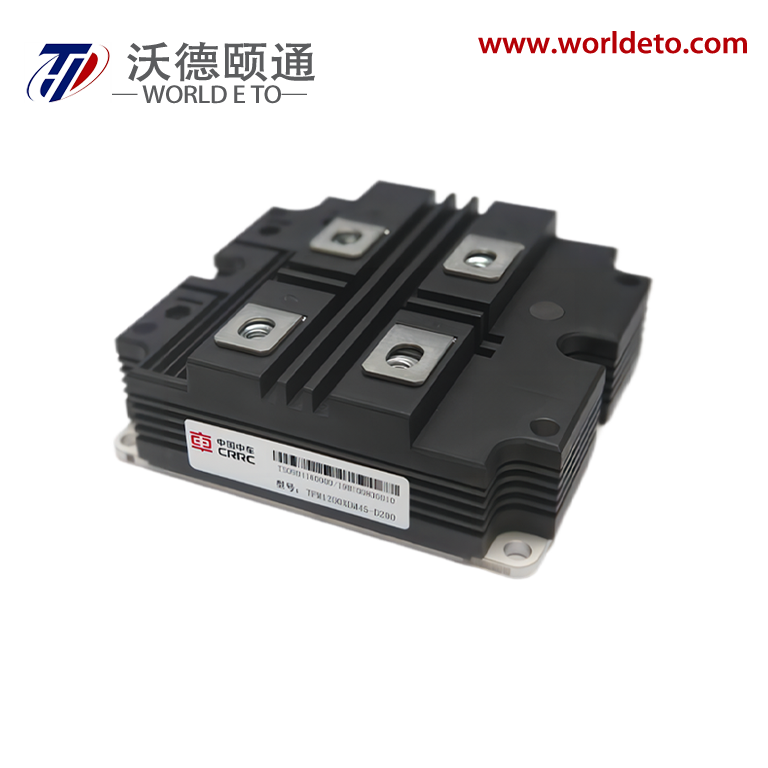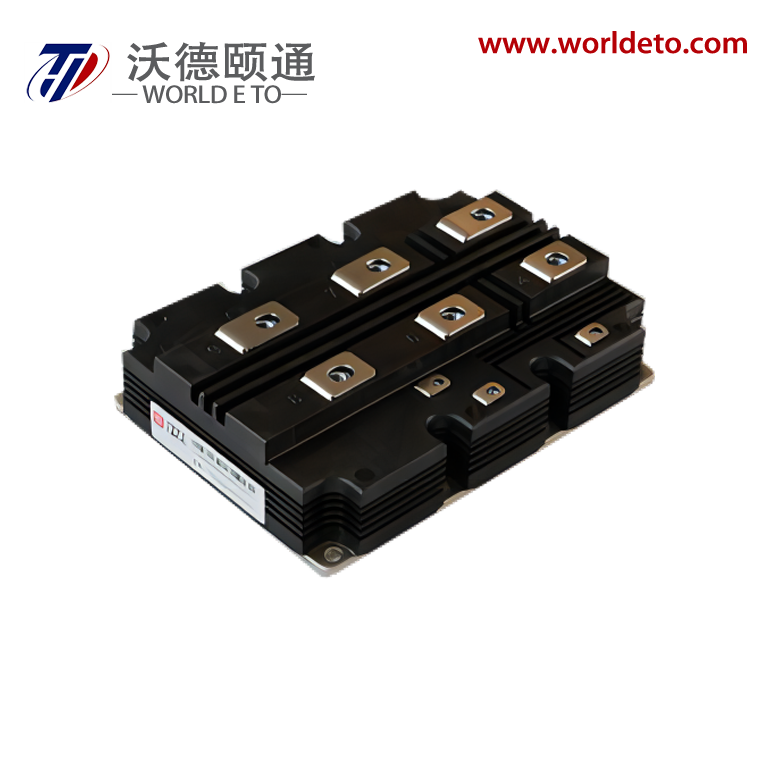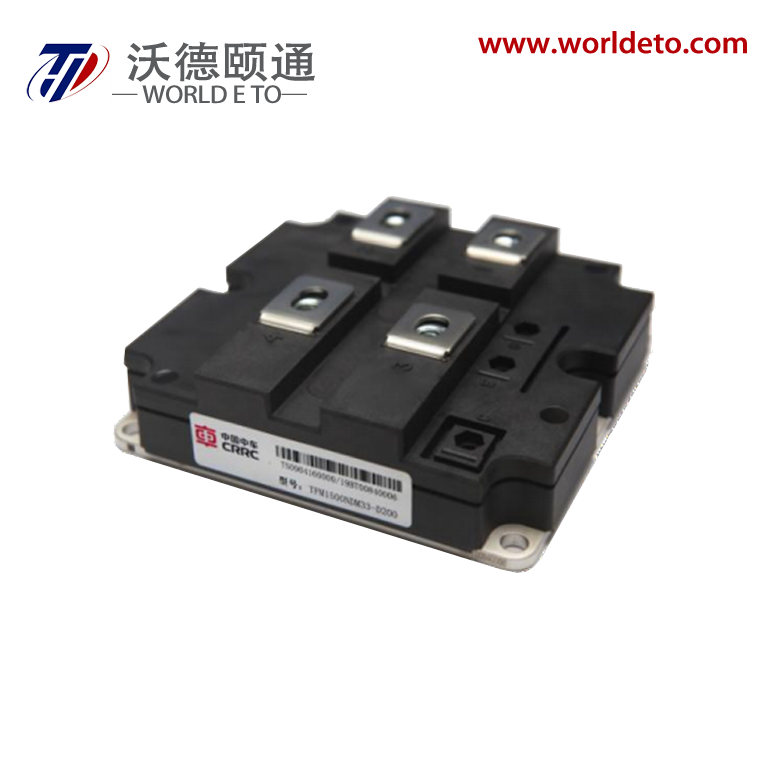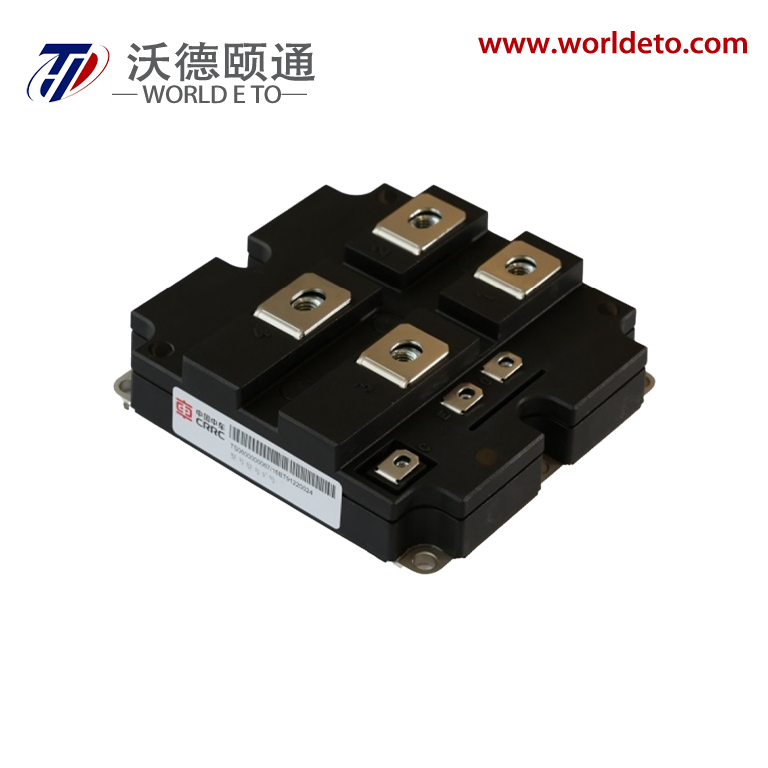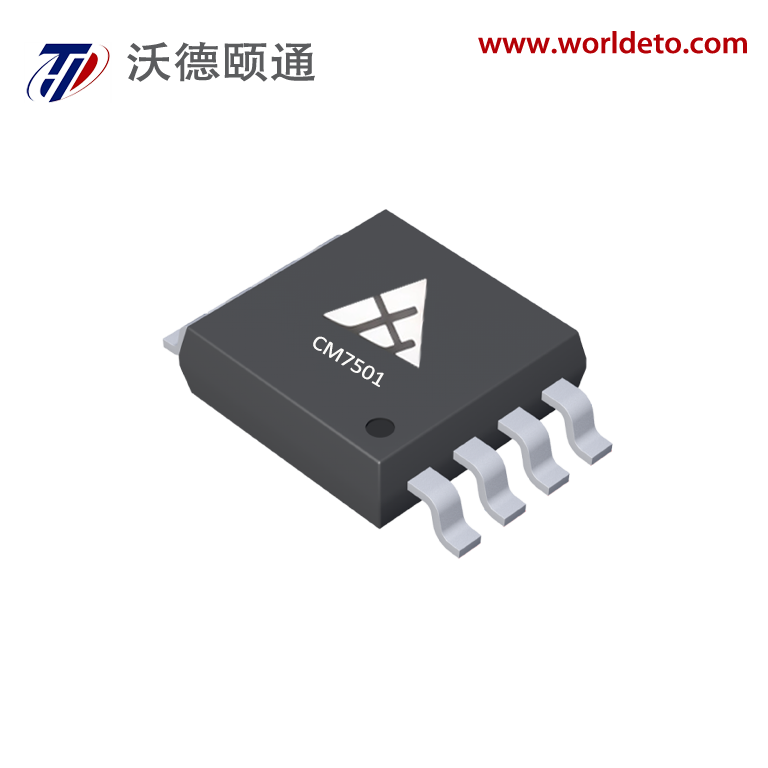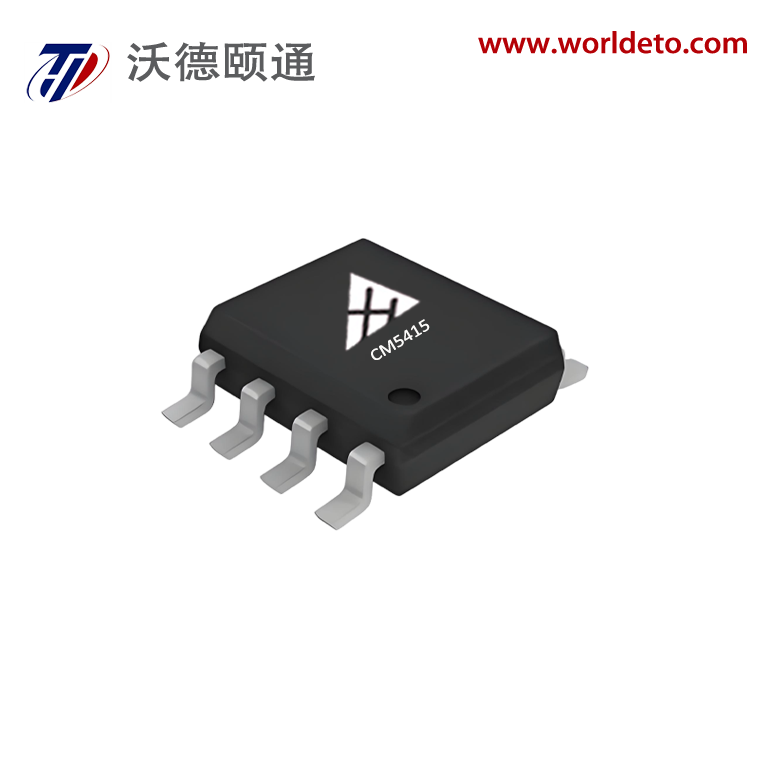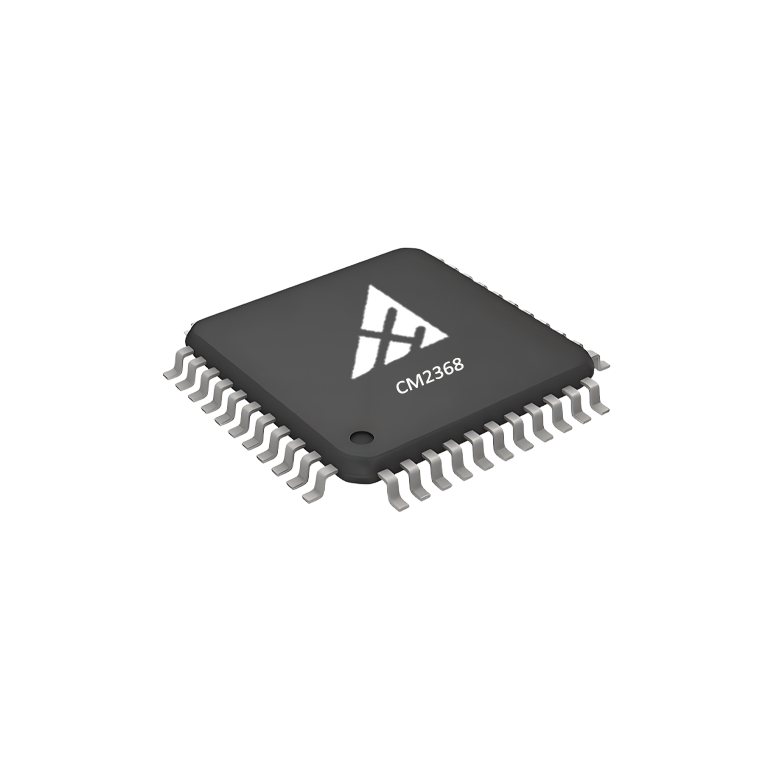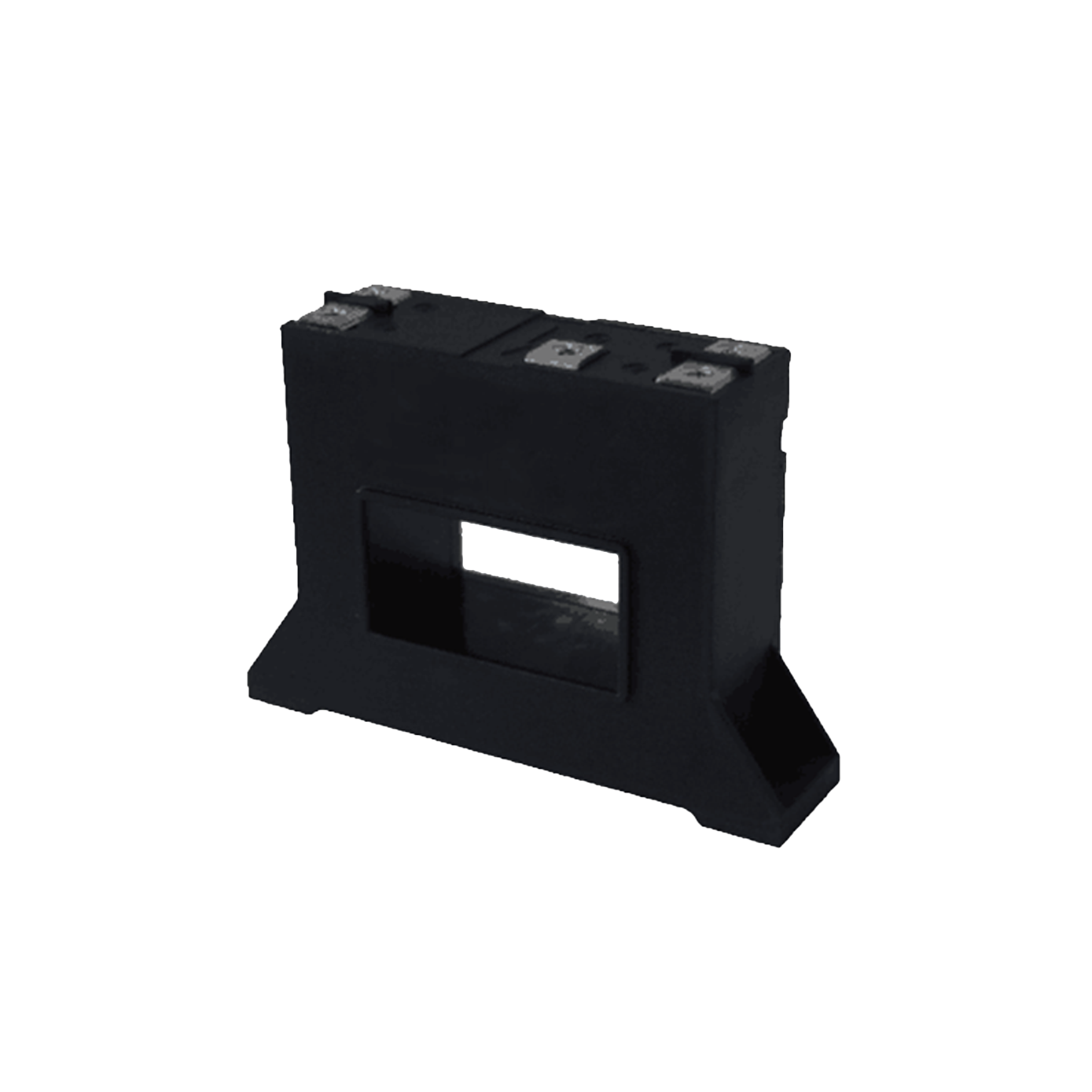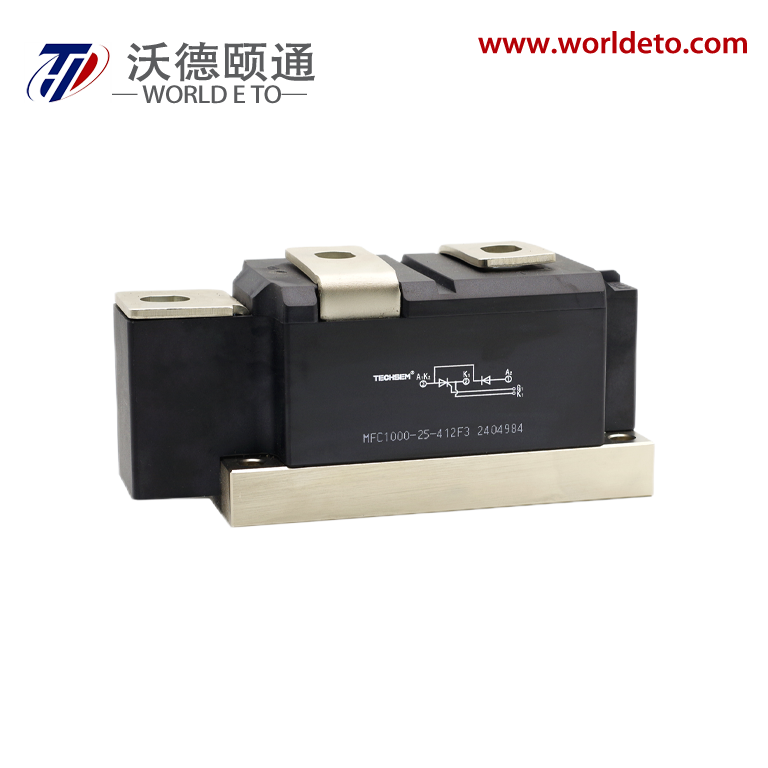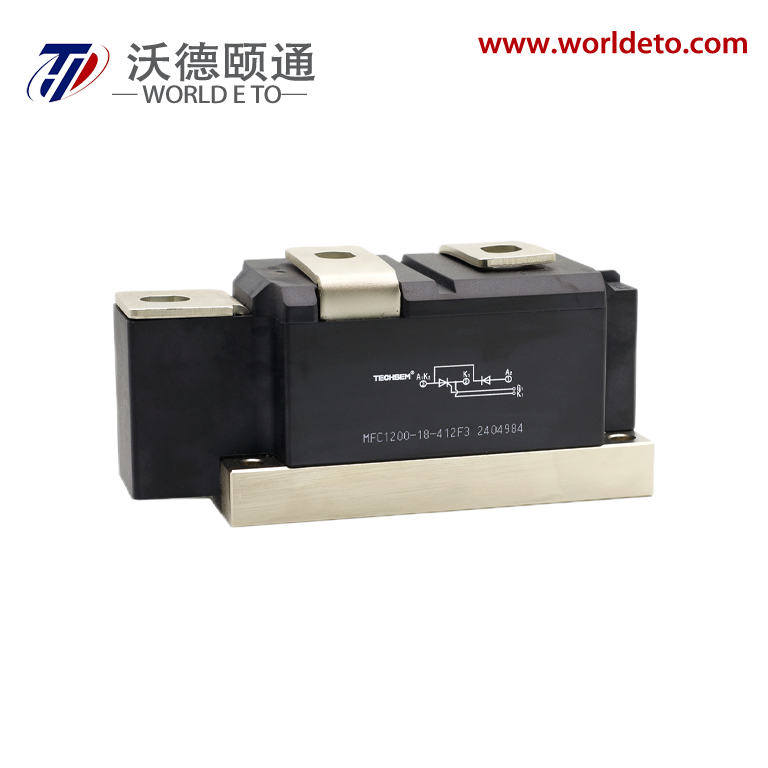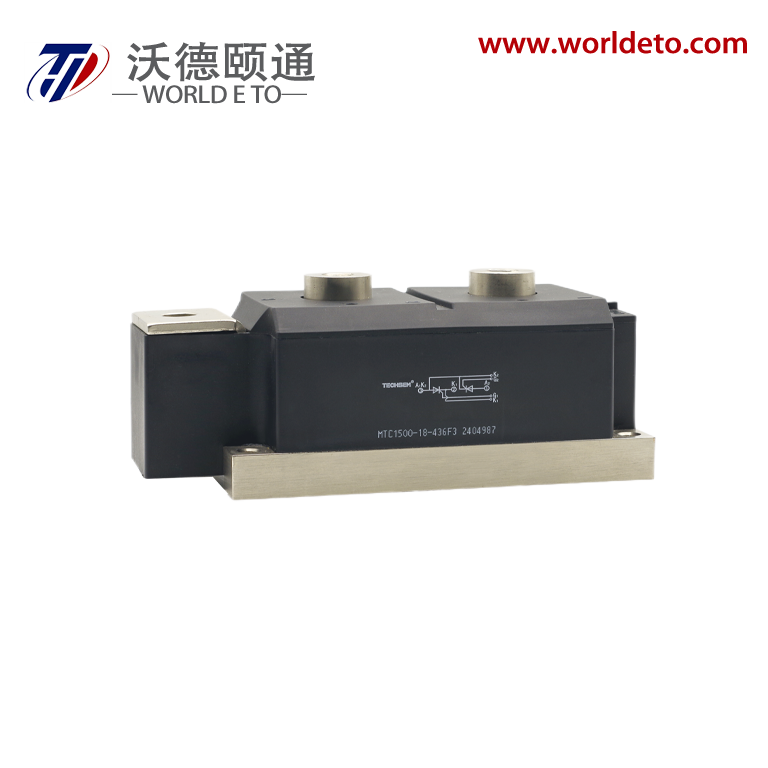Maintenance-Free Operation with Extended Service Life
The solid-state construction of transistor relay technology eliminates virtually all maintenance requirements while delivering exceptional service life that far exceeds traditional switching solutions. This maintenance-free operation represents a significant competitive advantage for facilities seeking to minimize downtime and reduce operational costs. Unlike electromagnetic relays with mechanical contacts that require periodic inspection, cleaning, and replacement, transistor relay units operate continuously without degradation or performance drift. The absence of moving parts removes the primary failure modes associated with conventional switching devices, including contact wear, spring fatigue, and mechanical misalignment. Industrial facilities report dramatic reductions in maintenance scheduling requirements and associated labor costs when implementing transistor relay technology throughout their operations. The sealed construction provides complete protection against environmental contaminants that typically cause premature failure in mechanical switching devices. Dust, moisture, chemical vapors, and corrosive atmospheres have no effect on internal transistor relay components, ensuring consistent performance regardless of ambient conditions. This environmental immunity is particularly valuable in harsh industrial settings such as chemical processing plants, food production facilities, and outdoor installations where traditional relays require frequent replacement. Service life expectations for quality transistor relay units typically exceed ten million switching cycles under normal operating conditions, with some applications achieving over fifty million cycles before any performance degradation becomes apparent. This exceptional longevity translates into reduced replacement part inventory requirements and lower total cost of ownership. Predictive maintenance strategies become unnecessary, as transistor relay technology provides consistent performance throughout its operational lifetime without the gradual degradation characteristic of mechanical switching devices. The reliability improvements extend beyond the switching elements themselves, as reduced electromagnetic interference and electrical noise contribute to improved performance of surrounding electronic components. System-wide reliability increases when transistor relay technology replaces electromagnetic switching devices, resulting in fewer unexpected failures and reduced emergency repair requirements.

